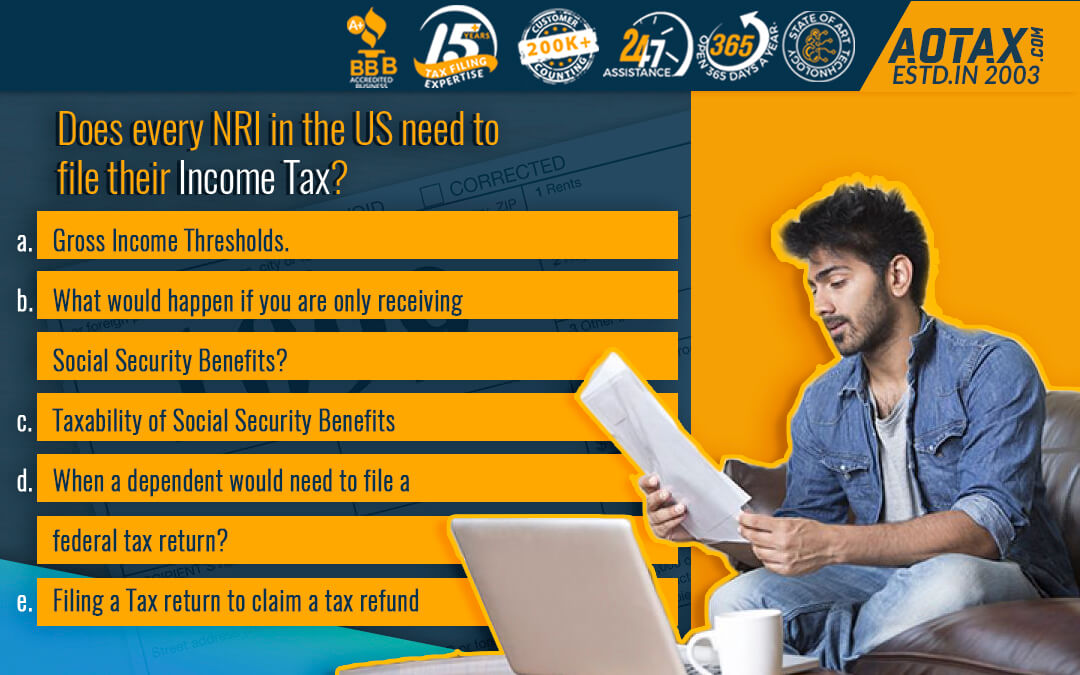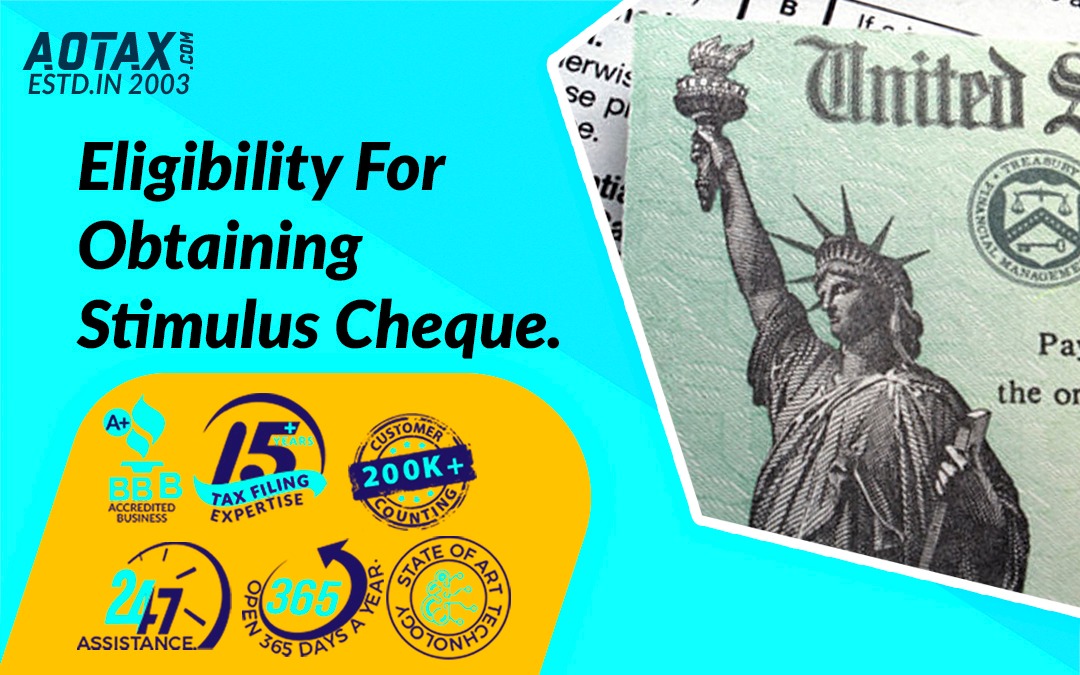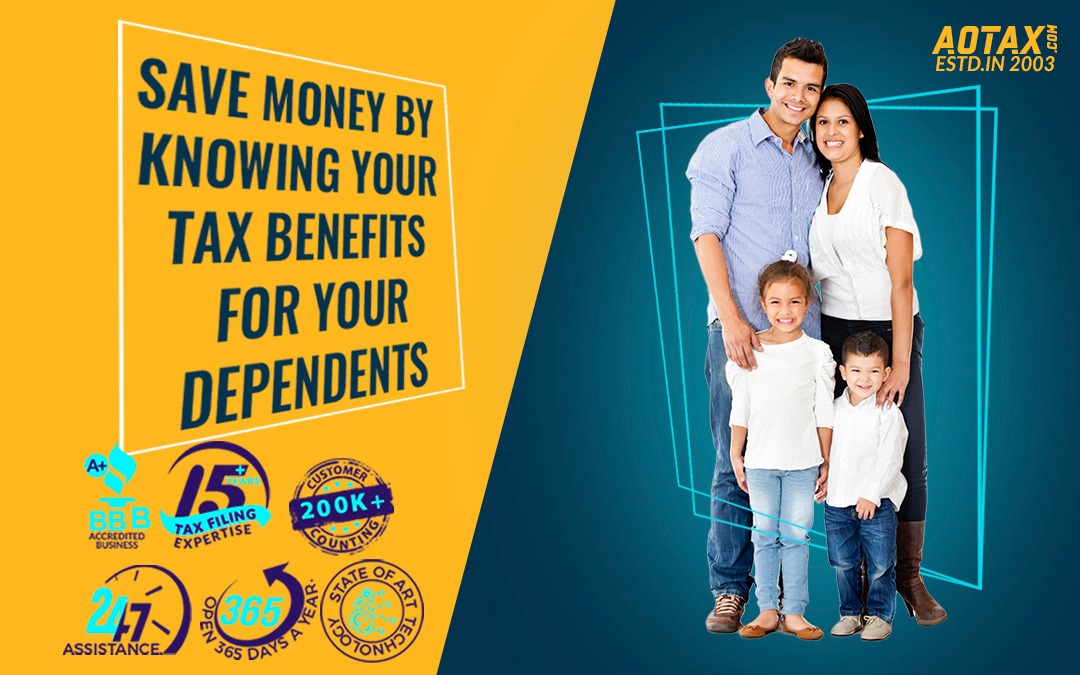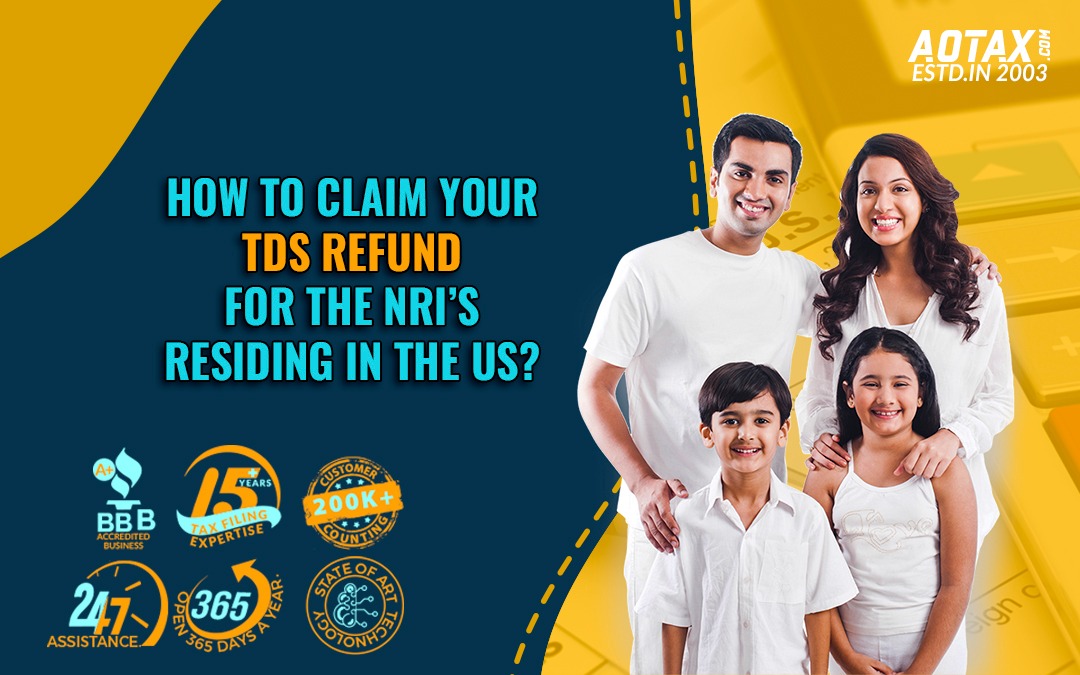How to claim your TDS refund for the NRI’s residing in the US
TDS refund For an NRI residing in the US, income tax is applicable for the income that is earned in India. Be it salary earned in India or for services rendered to India or on earnings from investments and assets, NRI is liable to pay income tax if the total income for the financial year is more than Rs. 2.5 lakhs.
In India, It’s not very simple when it comes to income tax rules for NRIs.As per tax rules, any payment to non-resident Indians (NRIs) is required to be made after deduction of tax deducted at source (TDS) even if the income of that person is less than Rs. 2.5 lakhs. However, NRIs are allowed to claim refund of TDS deducted at the time of income tax filing if he/she falls below the minimum taxable income i.e. 2.5 lakhs.
Here are some of the major income types on which TDS is deducted for NRIs.
- Payments received for services rendered in India
- Interest income earned on bank savings and deposit accounts – NRO accounts
- Rental income from property owned in India
- Sale of bonds, mutual funds and shares
- Sale of property in India owned by an NRI
TDS refund can be claimed by NRIs residing in the US by filing the income tax return in India. Income tax filing is quite a simple process. As the new financial year begins, it’s also important for NRIs to know the time limit to file the income tax for claiming refund.
NRIs are required to file income tax return before 31st July of the new financial year. Any delay would attract penalty. For example, for the financial year 2018-19, income tax filing needs to be done by 31st July 2019 for claiming TDS refund.
Here are the few easy steps for NRIs to file income tax return in India
Reconcile your incomes and taxes with Form 26AS
After determining the residential status for the financial year, NRI‘s need to reconcile their TDS credit or advance taxes paid with the data reflected in Form 26AS.
Keep the necessary documents ready
Keep important documents such as PAN card, bank details, investment details, TDS certificates, passport and Form 26AS ready as these documents give you relevant information required for income tax filing.
File your income tax return through income tax e-filing portal
- Log on to income tax e-filing portal with your e-filing account user ID and password. Download ITR2 or ITR3 form depending on your type of income.
- If you earn any income from business in India, ITR3 would be applicable. ITR2 would be applicable if you are not earning any business income (excludes capital gain on sale of assets/property) in India.
- Fill in all the relevant details and calculate your tax liability.
- Once all the details are filled validate your form by entering one time password (OTP) sent to you on your registered number.
- Save the validated XML file on your system and then upload the saved file with adding your digital signature to it.
Verify your income tax return
Once you are done with uploading your tax return file on income tax portal, ITR-V will be generated which needs to be submitted to IT department. On receipt of this, your income tax return will be processed.
It’s important to note that, refunding of TDS will take about 6 months’ time or more. However, the refund is issued with interest of 6% p.a which is applicable from the end of financial year.
NRIs residing in US can save on TDS through DTAA (Double Taxation Avoidance Agreement) as both the countries have signed tax treaties. In this case, as an NRI taxpayer you can avoid paying tax twice for the same income. DTAA either eliminates or reduces your tax implication on the income earned and taxable in India.
Conclusion
As an NRI, adhering to two different tax laws at once can be quite challenging. Knowing and understanding the process involved in the taxation can help you save tax liabilities. Keep yourself updated and seek a professional help whenever needed.
















Recent Comments